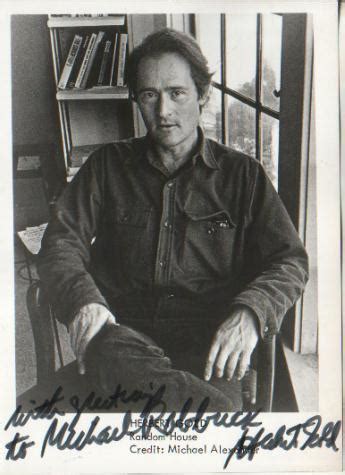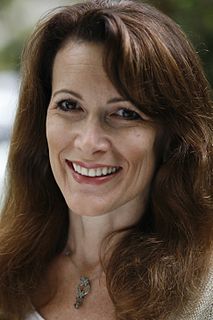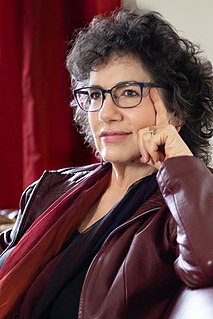A Quote by Herbert Gold
Literature boils with the madcap careers of writers brought to the edge by the demands of living on their nerves, wringing out their memories and their nightmares to extract meaning, truth, beauty.
Related Quotes
That so many writers have been prepared to accept a kind of martyrdom is the best tribute that flesh can pay to the living spirit of man as expressed in his literature. One cannot doubt that the martyrdom will continue to be gladly embraced. To some of us, the wresting of beauty out of language is the only thing in the world that matters.
In the most general terms, the Enlightenment goes back to Plato's belief that truth and beauty and goodness are connected; that truth and beauty, disseminated widely, will sooner or later lead to goodness. (While we're making at effort at truth and goodness, beauty reminds us what we're hold out for.)
I believe that in a certain way this is proof of the truth of Christianity: Heart and reason encounter one another, beauty and truth converge, and the more that we ourselves succeed in living in the beauty of truth, the more that faith will be able to return to being creative in our time too, and to express itself in a convincing form of art.







































